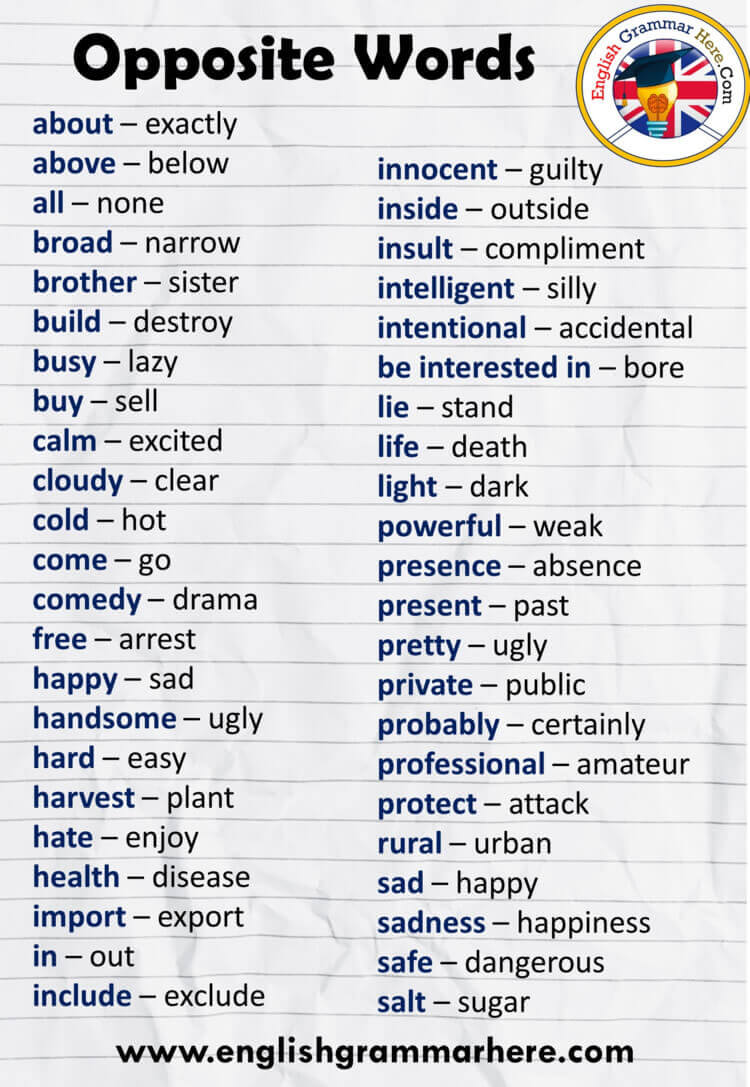
When I thanked him profusely, he said, “I took a big hug off your back.” I think he meant he took a big weight off my back, which he had done. But one of my favorite “happy to help” substitutes came from a Portuguese airline agent who helped switch a flight for me. So far, my Portuguese is pretty weak, so I have a lot of empathy for people who get English phrases wrong. I live in Portugal, and people here tend to be helpful and show kindness. “I’m glad we could take care of this for you.”.“We’re here for you whenever you need us.“I’m glad for the opportunity to help you today.”.“I’m glad we were able to solve your problem today.”.

“Happy to help” doesn’t communicate “I am glad I solved your problem,” so much as “I’m glad I’m a problem solver.” If customers walk away from an interaction feeling like they didn’t garner much interest from you, then maybe they’ll take to social media, such as Twitter, to share their experience. It’s supposed to sound like “I’m glad I could solve your problem.” But because it doesn’t reference the customer at all, it sounds a little more like “Just doing my job” or “That’s what I’m here for.” It doesn’t communicate that you’re interested in the customer’s happiness or in nurturing a relationship that’s important to you.Ĭustomers are much more discerning about whether customer service agents show them genuine communication and authentic empathy.Ĭustomers are much more discerning about whether customer service agents show them genuine communication and authentic empathy. “Happy to help” was once considered a great alternative to the somewhat predictable phrase, “You’re welcome.” Beyond being overused, “happy to help” doesn’t sound personal or empathetic. Happy to help: meaning and reasons to avoid saying it If it is used at all, it should be used sparingly. Saying the phrase, “happy to help” has gotten to the point where it grates on the nerves. A person is never supposed to be made aware the customer service support agent has already had 28 similar conversations that day and has another 22 to go. Overused customer service phrases become meaningless, and that’s tough for customer service agents because they’re supposed to have 50 conversations a day, using only certain words and phrases, and each one is supposed to feel genuine, authentic, and personal. Overused customer service phrases become meaningless. That’s the case with overused customer service expressions like “happy to help.”

Then, seemingly overnight, the thing’s popularity hits a tipping point and no one can stand it anymore. People can’t get enough of them, and if you can pull them off as part of your communication, it proves you’re cool. Catchphrases are like fashion trends or pop songs (“Baby Shark” comes to mind): For a while, they are ubiquitous and beloved.


 0 kommentar(er)
0 kommentar(er)
